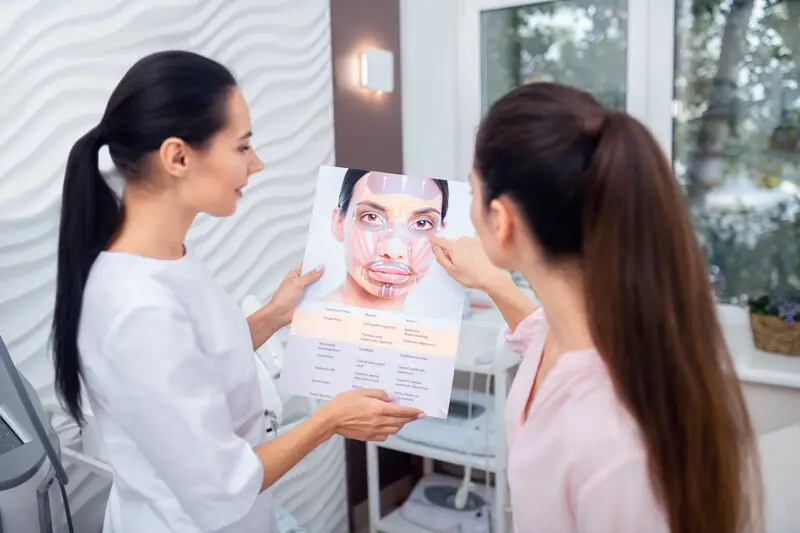- Published on: Jan 26, 2024
- 0 minute read
- By: Secondmedic Expert
Shampoo Or No Shampoo For Dandruff Issues
Debating whether to use shampoo or go 'no poo' for dandruff issues is a common dilemma.
Here are some key points to consider for both approaches:
Shampoo for Dandruff: Specialized anti-dandruff shampoos are formulated with ingredients like zinc pyrithione, selenium sulfide, or ketoconazole, which target the root causes of dandruff, such as Malassezia yeast. These shampoos can be very effective in reducing flakes and itchiness.
Shampoo Frequency: Overuse of shampoo, even anti-dandruff ones, can sometimes exacerbate scalp issues by stripping away natural oils. It’s important to find the right balance in how often you shampoo.
‘No Poo’ Method: This approach involves reducing or completely stopping the use of shampoo. Advocates argue that it allows the natural oils of the scalp to regulate, potentially reducing dandruff. However, this method may not be effective for everyone, especially if the dandruff is caused by a fungal infection or severe scalp conditions.
Natural Alternatives: Some prefer natural remedies like apple cider vinegar, tea tree oil, or baking soda. While these can be gentler on the scalp, their effectiveness varies, and they may not be as potent against severe dandruff.
Consult a Dermatologist: If you're struggling with severe dandruff, it's always a good idea to consult a dermatologist. They can provide personalized advice and treatment options, including prescription-strength shampoos if necessary.
Remember, the best approach depends on your individual scalp condition and hair type. Experimenting cautiously and observing how your scalp responds is key to finding the right balance for you.
Read FAQs
A. Anti-dandruff shampoos typically contain ingredients like zinc pyrithione, selenium sulfide, or ketoconazole that target the root causes of dandruff, such as the Malassezia yeast. These ingredients help in reducing flakes and itchiness associated with dandruff. The effectiveness varies from person to person, but many individuals find relief through regular use of specialized anti-dandruff shampoos.
A. The 'No Poo' method involves reducing or eliminating the use of shampoo to allow the scalp's natural oils to regulate, potentially reducing dandruff. However, this method may not be effective for everyone, particularly if dandruff is caused by a fungal infection or severe scalp conditions. It's essential to experiment cautiously and observe how your scalp responds to determine if this method is suitable for your individual needs.
A. Yes, overusing shampoo, including anti-dandruff varieties, can sometimes exacerbate scalp problems by stripping away natural oils. It's crucial to strike a balance in shampoo frequency. Finding the right schedule for your hair type and scalp condition is essential to prevent excessive dryness and maintain a healthy balance of oils on the scalp.










